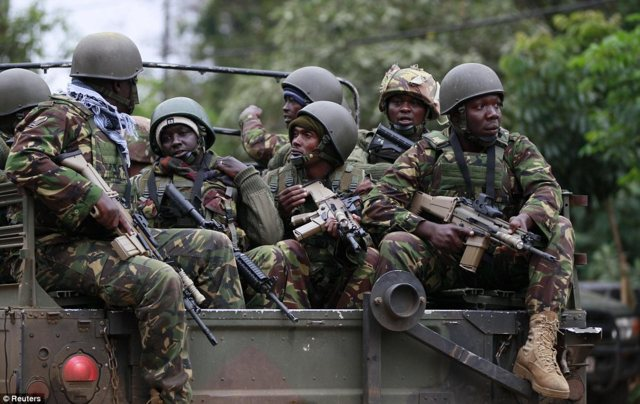The African Union High Representative for Silencing the Guns, Dr Mohamed Ibn Chambas, has stressed the importance of keeping military deployment non-intrusive during Ghana’s upcoming December 7 elections.
Speaking in an interview with Joy News, he underscored that the military’s involvement should be limited to supporting roles and not directly interfere in the electoral process.
“The military should deploy in a manner that is not intrusive in the electoral process itself,” Dr Chambas stated, stating that such restraint is critical to maintaining voter confidence and ensuring peaceful elections.
He commended the leadership of the Ghana Armed Forces for understanding this delicate balance.
“The hierarchy of the Ghana Armed Forces, in statement after statement, has assured that the military will have no role in the actual securitisation of electoral personnel, materials, or polling stations,” Dr Chambas said.
Instead, he advocated for the military to act as a backup force, intervening only under extreme circumstances and at the request of the police.

“The police should lead, and the military should only be called in if a situation overwhelms the police. Even then, their intervention must be very measured,” he noted.
Dr Chambas warned that intrusive military actions could jeopardise the transparency and fairness of the elections.
“We don’t want to see a repeat of 2020, where military presence in some areas led to tragic outcomes. Any behaviour contrary to the orders given by the military hierarchy will be held accountable,” he stated.
The diplomat highlighted the critical role of openness and transparency in the electoral process.
“The evidence, not just in Ghana but globally, is that when election processes are open and transparent, the acceptance of results is very high,” he observed.
Dr Chambas expressed hope that all security personnel involved would adhere to their training and contribute to a peaceful electoral process.
“This time, I think everyone is determined not to repeat the bad experiences of the past,” he concluded.
ALSO READ:


